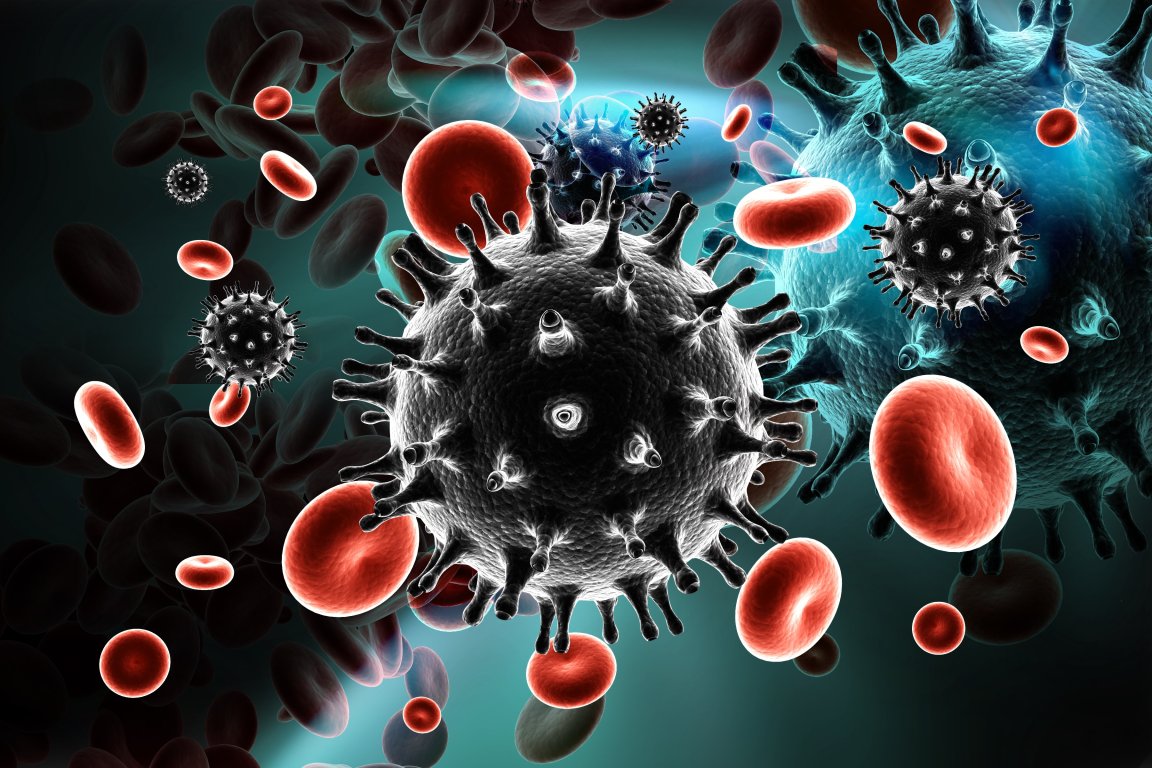
Just A Drop of Blood and A USB
Advances in technology are continually making medical treatment more efficient and readily accessible. Now, scientists from the Imperial College London together with healthcare company DNA Electronics have developed a disposable HIV test device that can improve treatment, particularly for people in the parts of the world that may just need it the most.
This small device converts the level of HIV in a blood sample into a signal that can be read by a computer or handheld gadget. A small drop of blood is placed on the test device, and if the HIV virus is detected, the device changes the acidity of the sample and a mobile phone chip converts that into an electric signal. When the USB is plugged into a computer or other electronic device, the level of HIV in the blood can be read. The results come fast, with an average time of 20.8 minutes, and the researchers tested 991 blood samples with 95 percent accuracy.

Path To A Cure
Human immunodeficiency virus (HIV) attacks the immune system, and infection could lead to acquired immune deficiency syndrome (AIDS). It’s a global health issue that plagues roughly 36.7 million people worldwide.
Currently, HIV testing in which technicians send a patient’s blood sample to a laboratory can take about three days, sometimes even longer, to generate results. This is a huge problem for patients without access to clinics and specifically in regions like Africa, which have the highest number of HIV infections. A device like this USB stick could greatly improve the diagnosis and treatment of people in those areas and all over the world.
Just like diabetics can test their own blood sugar levels, this new device could allow those infected with HIV to monitor their own treatment. They could find out almost instantly how well they are responding to medication and if changes in treatment are necessary. The increased amount of data from more incidences of testing could also help doctors better understand HIV and, hopefully, one day find a cure.